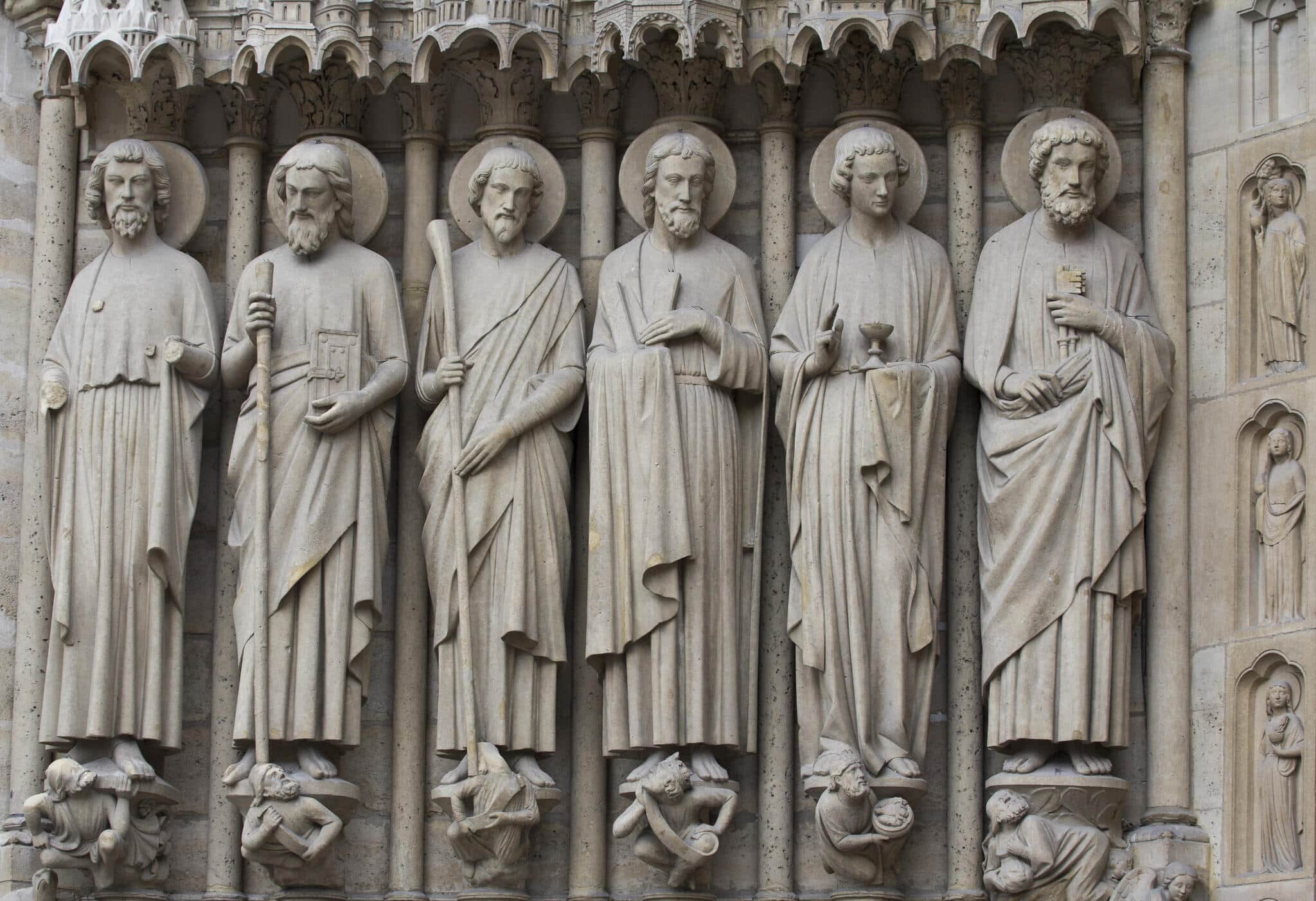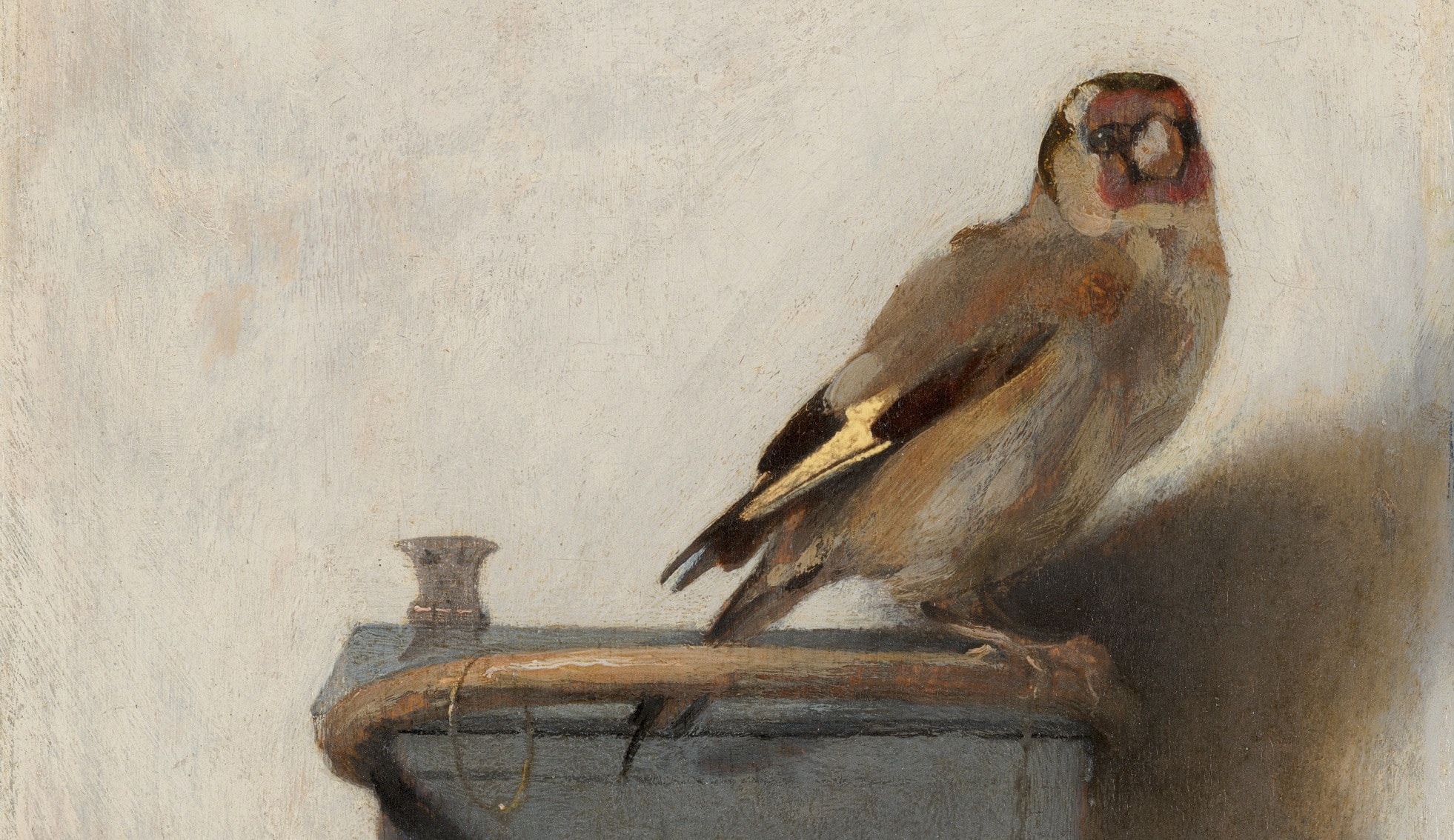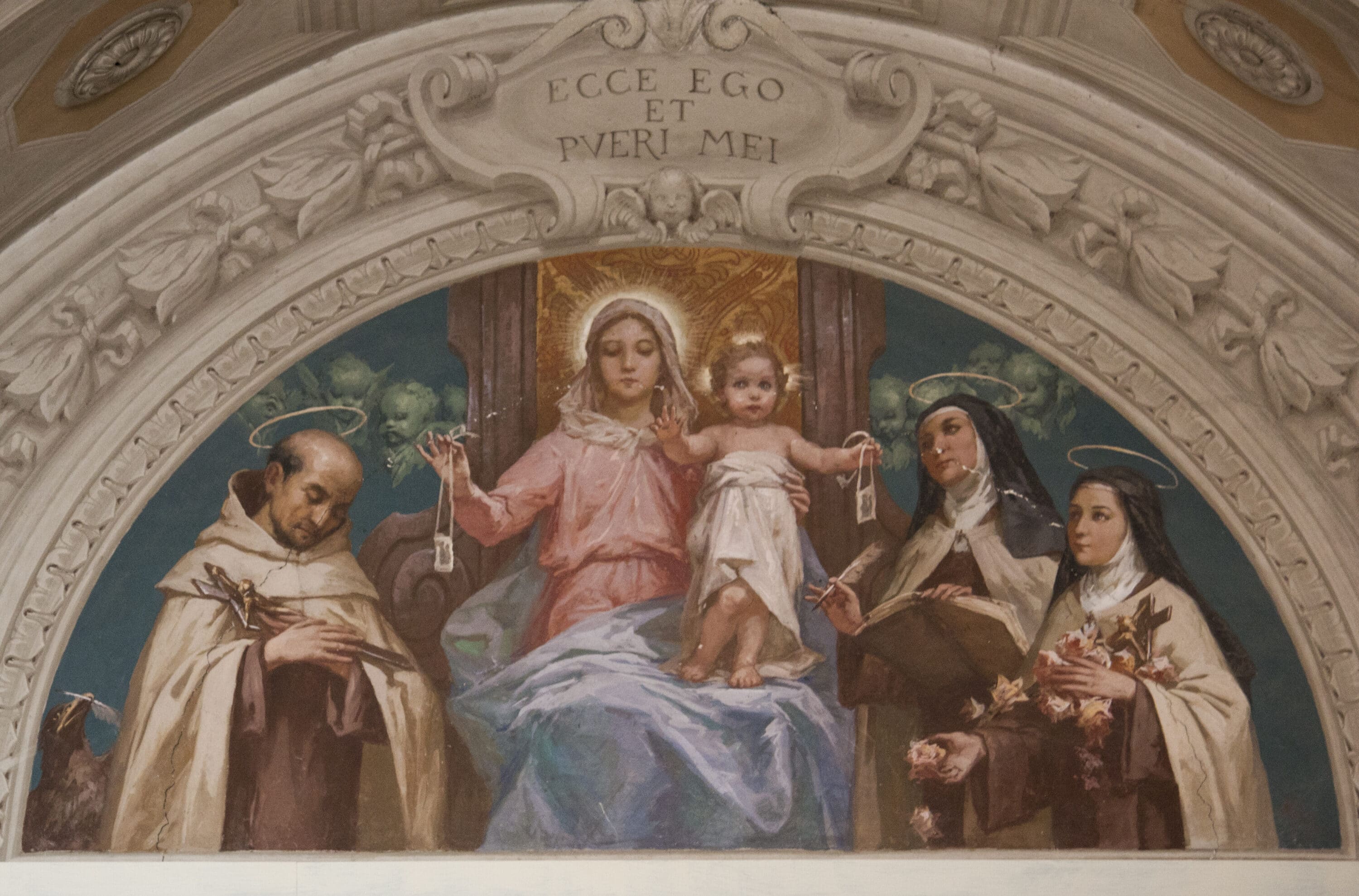
 Why Did St. Dominic Take His Shoes Off?
Why Did St. Dominic Take His Shoes Off?
By Fr. Peter Joseph Gautsch, O.P.
This essay previously appeared in Dominicana and is reprinted with permission.
He lay down at night just as he was during the day, except that he took his shoes off. When he was traveling from one land to another, he took his shoes off, and when he arrived anywhere he put them on again, and he did this in all the towns and villages he came to. He refused to have anyone help him carry his shoes.
The Scripture-minded reader will perhaps first think of Jesus’ instructions to the apostles concerning villages that don’t listen to them: if any place will not receive you and they refuse to hear you, when you leave, shake off the dust that is on your feet for a testimony against them (Mk 6:11; cf. Mt 10:14, Lk 9:5). Or maybe Moses and the burning bush spring to mind: God called to him out of the bush, “Moses, Moses!” And he said, “Here am I.” Then he said, “Do not come near; put off your shoes from your feet, for the place on which you are standing is holy ground” (Ex 3:4-5).
But Dominic seems to have travelled barefoot frequently, and it seems unlikely that he was so frequently refused a hearing—he was, after all, renowned for his preaching. And again, while it is possible that Dominic received a miraculous divine command to shed his shoes while on the road, I think such an explanation still leaves something to be desired.
Instead, I propose that we turn to Isaiah: How beautiful upon the mountains are the feet of him who brings good tidings, who publishes peace, who brings good tidings of good, who publishes salvation, who says to Zion, “Your God reigns.” Hark, your watchmen lift up their voice, together they sing for joy . . . all the ends of the earth shall see the salvation of our God (Is 52:7-10).
Now, it’s true that the feet of a man who walks barefoot everywhere are not what most people would call beautiful. And indeed we read elsewhere that Dominic was no stranger to bumps, bruises, and even gashes on his feet. On one journey, he and his companions got lost. They unwittingly asked a malicious heretic for directions, and while “he was taking them through a wood somewhere, he led them astray so viciously, through thorns and thistles, that their feet and legs became quite covered in blood.” Beautiful? Hardly. But there’s something more here: “The man of God endured all this with the utmost patience; breaking out into a hymn of praise to God, he encouraged the others to praise God too and to be patient. ‘My friends,’ he said, ‘hope in the Lord. Victory will be ours, because even now our sins are being washed away in blood.’” And in the aforementioned canonization testimony, Brother John of Spain tells us that Dominic “used to get great delight from anything untoward that happened to him on the way. For example, if he tripped over a stone his face would light up as he said, ‘This is doing penance!’”
Dominic’s bruised and bleeding bare feet, then, can tell us something about taking joy in our sufferings. He tripped over a rock and his face shone. He cut his feet on thorns and he sang. This is a strange thing—penance involves sorrow for sin, yet he took delight in it. How can this be? The answer, I think, lies with his deep trust in God’s mercy. Dominic sang for joy because he knew well the infinite mercy of the Father. All the ends of the earth shall see the salvation of our God, and whenever we experience God’s mercy, we glimpse his salvation.
Notice that he doesn’t simply smile to himself and whisper a word of thanks to God for his suffering, but he sings aloud and exhorts his brethren to patience. His rejoicing is decidedly external and is for the good of his brothers (and, as it turns out, of the vindictive heretic: he “saw their extraordinary and blissful patience, and he was pricked with compunction at the good words spoken by the man of God, so he admitted the poisonous way he had deceived them, and renounced his heresy”). Dominic, in sharing his delight in suffering with his companions, becomes the man with beautiful feet upon the mountains, who brings good tidings of good, saying to his brethren, Your God reigns. And rejoicing in the Lord, together they sing for joy.
✠
Image: Claudio Coello — “Santo Domingo de Guzmán“






